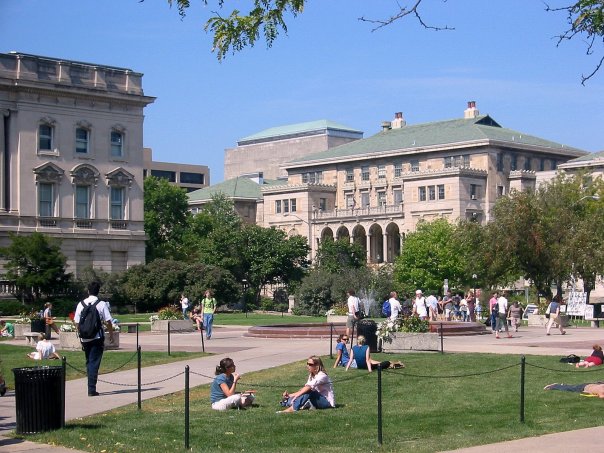William Coleman (historian) on:
[Wikipedia]
[Google]
[Amazon]
William Coleman (1934–1988) was a distinguished
 Coleman was a distinguished professor in his field. During the course of his career he taught at both
Coleman was a distinguished professor in his field. During the course of his career he taught at both
historian of science
The history of science covers the development of science from ancient times to the present. It encompasses all three major branches of science: natural, social, and formal.
Science's earliest roots can be traced to Ancient Egypt and Mesopo ...
with a core interest in the history of zoology
Zoology ()The pronunciation of zoology as is usually regarded as nonstandard, though it is not uncommon. is the branch of biology that studies the animal kingdom, including the structure, embryology, evolution, classification, habits, and dis ...
and evolutionary theory
Evolution is change in the heritable characteristics of biological populations over successive generations. These characteristics are the expressions of genes, which are passed on from parent to offspring during reproduction. Variation ...
. Coleman also studied the relationship between science and social and political schools of theory. The William Coleman Dissertation Fellowship is named in his honor.
Career
 Coleman was a distinguished professor in his field. During the course of his career he taught at both
Coleman was a distinguished professor in his field. During the course of his career he taught at both Johns Hopkins University
Johns Hopkins University (Johns Hopkins, Hopkins, or JHU) is a private research university in Baltimore, Maryland. Founded in 1876, Johns Hopkins is the oldest research university in the United States and in the western hemisphere. It consi ...
(1961–1978) and achieved the title of Professor of History of Science and Humanistic Studies. In 1971, Coleman received a fellowship from the American Council of Learned Societies and spent a year at the Institute for Research in the Humanities at the University of Wisconsin-Madison
A university () is an institution of higher (or tertiary) education and research which awards academic degrees in several academic disciplines. Universities typically offer both undergraduate and postgraduate programs. In the United States, th ...
. Although he ultimately returned to Johns Hopkins University when his fellowship ended, Coleman was awarded a second fellowship in 1977 from the National Endowment for the Humanities
The National Endowment for the Humanities (NEH) is an independent federal agency of the U.S. government, established by thNational Foundation on the Arts and the Humanities Act of 1965(), dedicated to supporting research, education, preserv ...
, and again returned to the Institute for Research in the Humanities at the University of Wisconsin-Madison. In the culmination of his career, Coleman left Johns Hopkins University and began teaching at the University of Wisconsin-Madison (1978-1988). In 1978, the University of Wisconsin- Madison, appointed Coleman the title Professor of the History of Science and History of Medicine, and in 1984, Coleman received the honor of being named the Carol Dickson Bascom Professor in the Humanities. Professor Coleman served as President of the History of Science Society
The History of Science Society (HSS) is the primary professional society for the academic study of the history of science. It was founded in 1924 by George Sarton, David Eugene Smith, and Lawrence Joseph Henderson, primarily to support the publi ...
and was elected to the American Philosophical Society
The American Philosophical Society (APS), founded in 1743 in Philadelphia, is a scholarly organization that promotes knowledge in the sciences and humanities through research, professional meetings, publications, library resources, and communit ...
.
William Coleman Dissertation Fellowship
William Coleman died 28 April 1988, from Leukemia. In honor of his memory his widow, Louise S. Coleman, established the William Coleman Dissertation Fellowship in the History of Science at the Institute for Research in the Humanities located at the University of Wisconsin-Madison. The Coleman Dissertation Fellowship provides a one-semester stipend, currently assessed at $9,653, in addition to a tuition waiver and benefits, with additional printing, fax and photocopying privileges.Publications
* '' George Cuvier, Zoologist. A Study in the History of Evolutionary Theory'' (1964) * ''Biology in the Nineteenth Century: Problems of Form, Function and Transformation'' (1971) * ''Death is a Social Disease: Public Health and Political Economy in Early Industrial France'' (1982) * ''Yellow Fever in the North'' (1987)References
1934 births 1988 deaths 20th-century American historians 20th-century American male writers American historians of science American male non-fiction writers {{US-sci-historian-stub